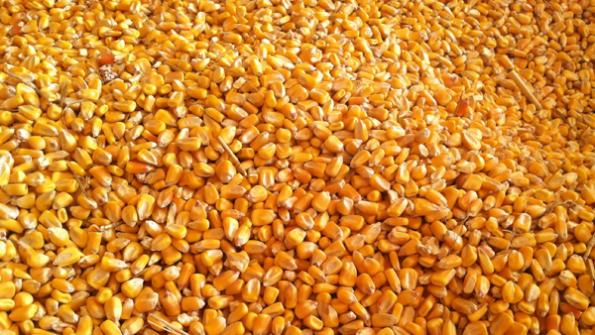
According to a report by Rabobank, analysts feel that China’s corn production will decline gradually in the coming years, while feed and industry use are likely to increase steadily. The exports and bioethanol industry face the most uncertainty. This year is the first year of corn policy reforms.
The good news is that the severity of the oversupply of corn will be relieved to some extent, however supply will continue to exceed demand.
The bad news is that even though there are plans for decreases in corn supply in China, it could have have impact on Chinese soybean imports. Basically, the Chinese government may give subsidies to help alleviate the oversupply but it may mean that farmers instead start planting more soybeans which will impact U.S. soybean farmers.
Q. How long will it take to re-achieve a supply and demand balance?
A. According to the Rabobank report, Chinese corn will only be able to re-achieve balance in 2018-2019. And in 2020/2021, domestic consumption is expected to exceed production by approximately 16 million tonnes. The most optimist model Rabobank looked at China becoming a big importer in just a few years.
However, the most pessimistic look has the Chinese taking longer to need more inventory. This will mean the government will carry a heavy financial burden and the Chinese government will have rotate the corn inventory periodically in order to maintain good quality.
Q. Could China become a competitive corn exporter to supply deficit regions in Asia?
A. The report by Rabobank states that high production costs will hinder China’s export potential.
Although China has the geographic advantage, the production costs prevent Chinese farmers from competing with other export regions such as the U.S.A., South America and the Black Sea region.
However, even with Chinese government subsidies, the production costs including the land prices make it a poor idea for Chinese farmers to export corn.
Q. Is expanding the bioethanol mandate a feasible solution to cutting inventory?
A. Rabobank analysts feel that expanding the bioethanol mandate would mean support from the Chinese government. Researchers agree a bioethanol mandate would increase corn consumption and reduce inventory. However, nothing is guaranteed.
One reason is oil prices. If the oil prices would fall even lower, then the government would have to provide higher subsidies to fulfill the mandate.
In addition, more milling plants would have to be created or transformed in order to reduce corn supply significantly which means more investments which means more money is needed.
Plus, the Chinese government would need to assure investors that they can recoup their investments within a reasonable payback period.
About the Author(s)
You May Also Like




